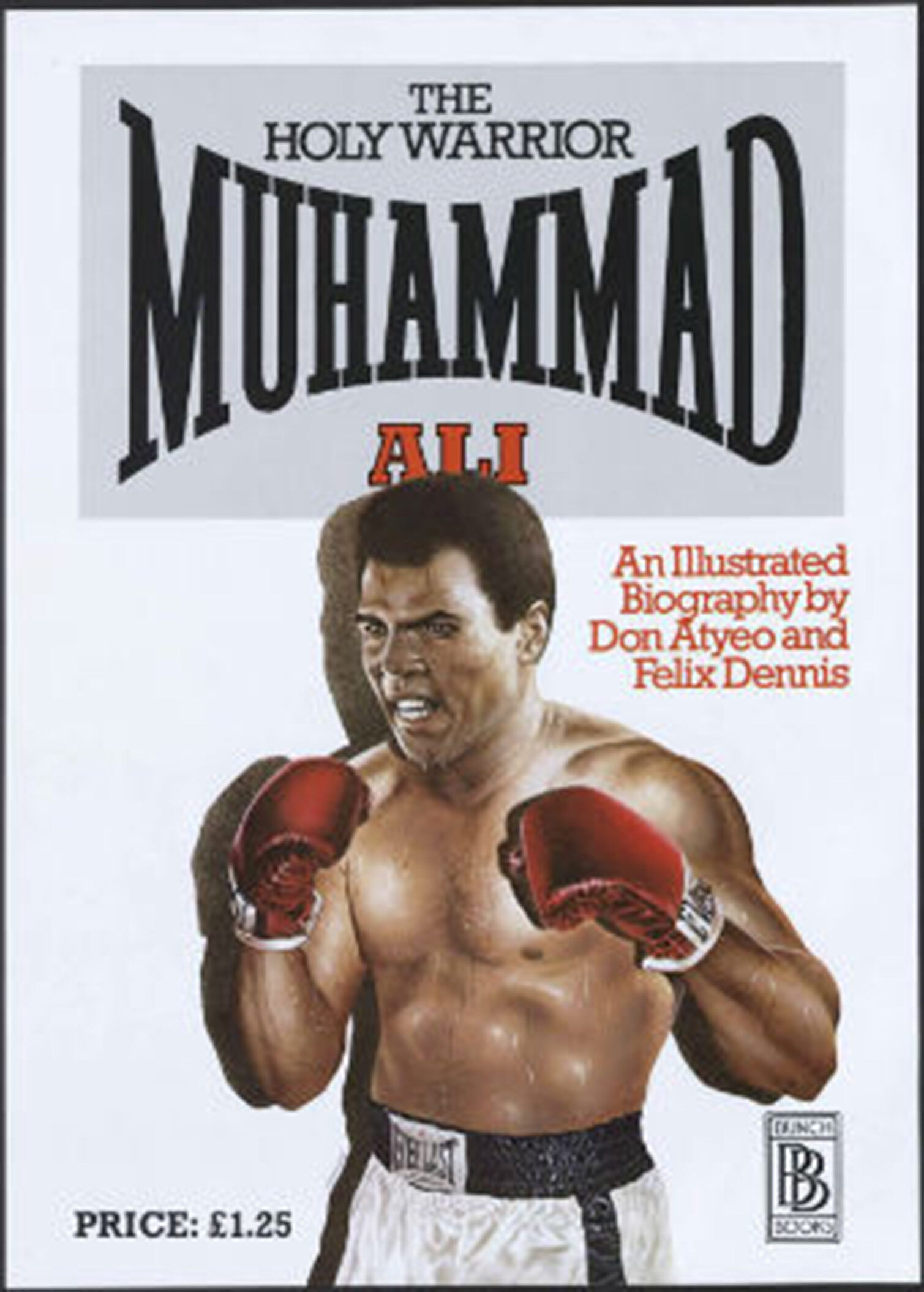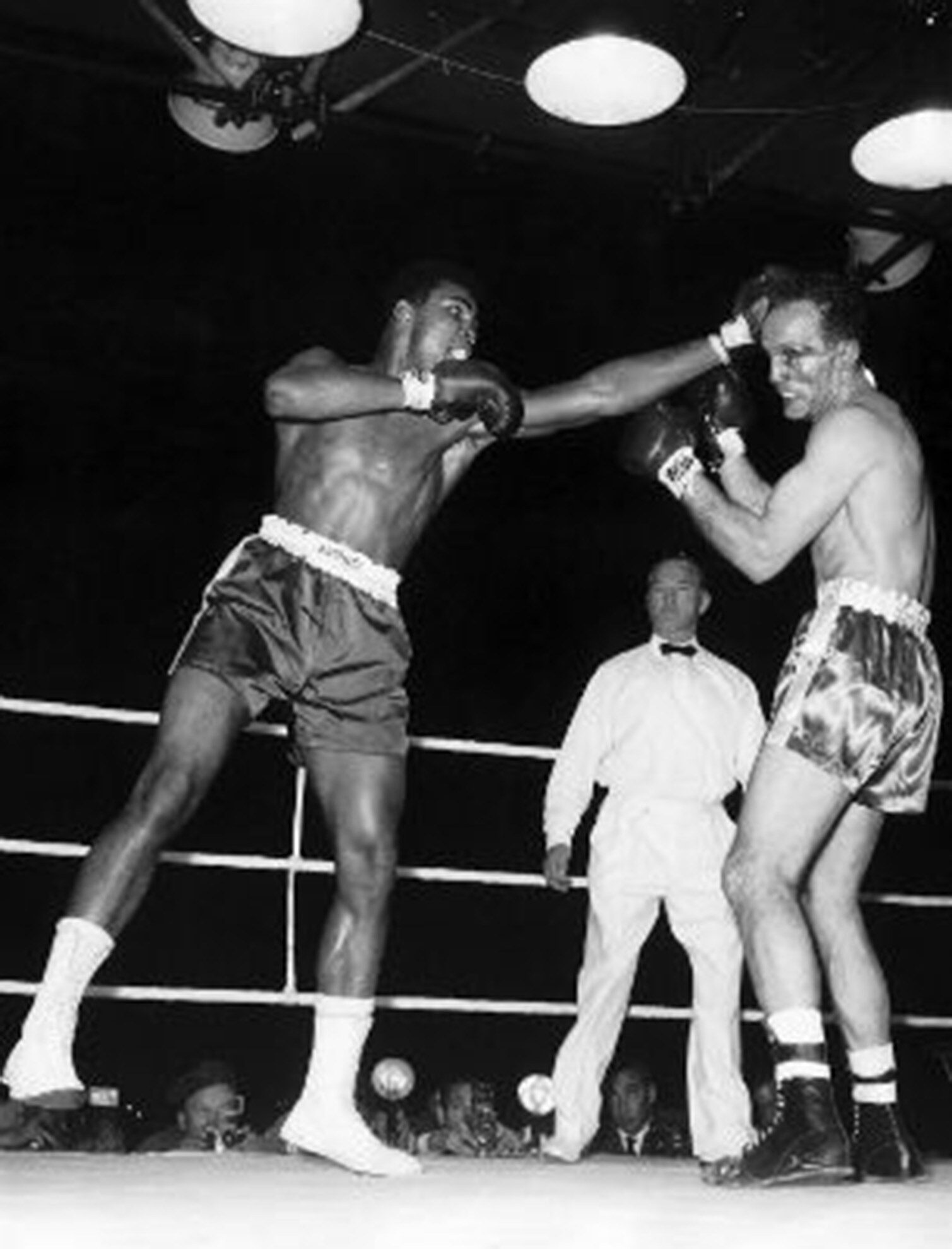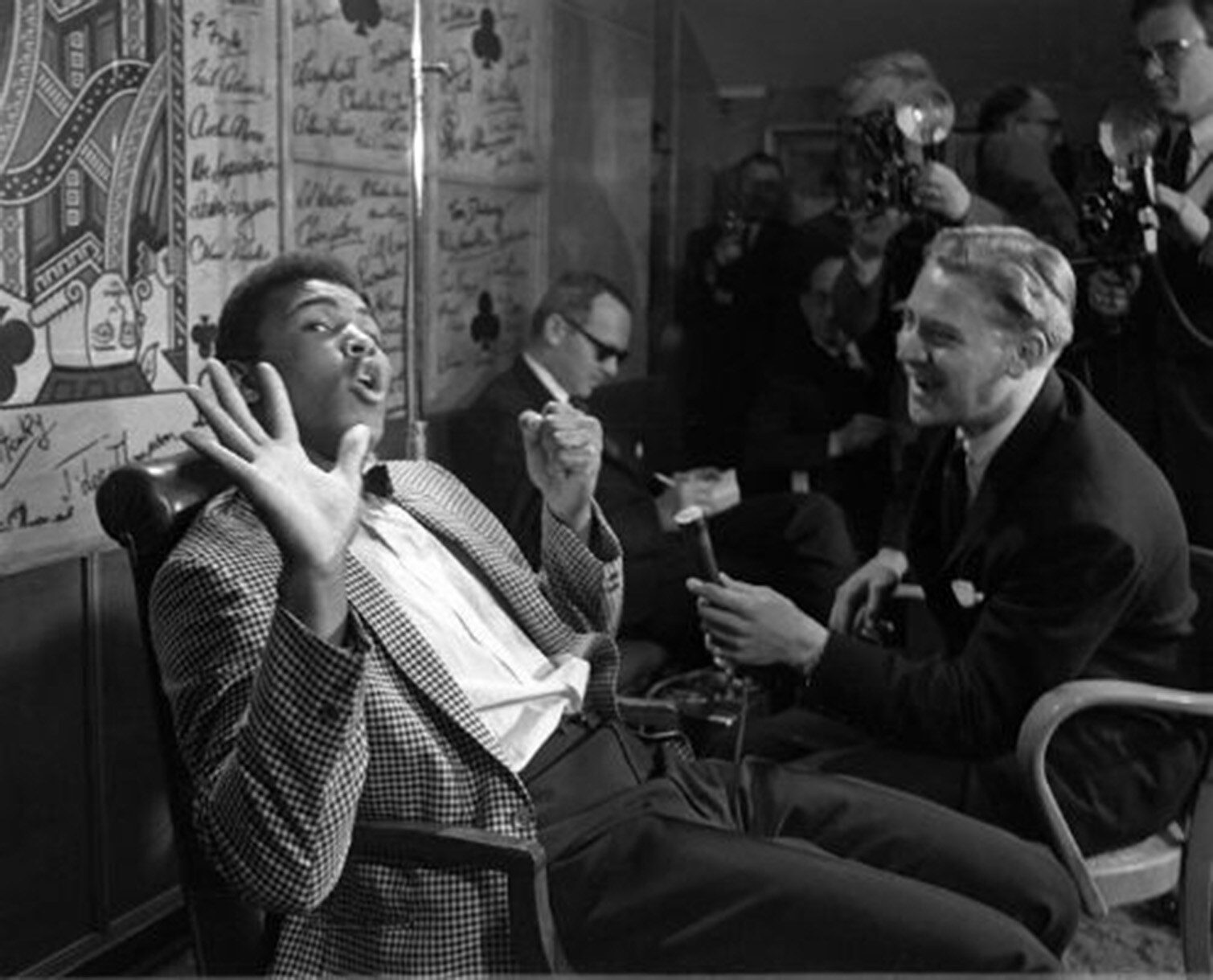Muhammad Ali at the Olympic Games
It's difficult to miss the build-up to the Olympic Games, which always promises to showcase world-class athletes and competitiveness at its peak. With the world’s attention focused on the events and the successes they'll bring, it provides an ideal moment to look back on the illustrious past of the Olympics, particularly the sporting legend, Muhammad Ali.

Image © The Felix Dennis Archive. Further reproduction prohibited without permission.
The 1960 Olympic Games were significant for a number of reasons, not least for being held in the ancient surroundings of Rome. Highlights included competing members of the Greek Royal Family, including the future Queen of Spain and the future King of Greece, the latter collecting a gold medal in the sailing. Spectators also witnessed a marathon won by Ethiopian runner Abebe Bikila, who ran the whole race barefoot. The Soviet Union ended the Games on top of the all-important medals table, pulling in an impressive 43 gold medals, well ahead of the US in second (34 golds) and a Great Britain team in 12th position with 2 golds.
The Games in Rome were also significant for the introduction of Cassius Clay to the international stage, winning the light heavyweight gold medal at the age of 18. Clay, who later changed his name to Muhammad Ali, would not look back as he carved out a career as a celebrated boxer and activist. He became renowned for his witty retorts to opponents and journalists alike: ‘If you even dream of beating me, you'd better wake up and apologise.’
AM's Popular Culture in Britain and America, 1950-1975 features rare printed and manuscript material, photographs, and ephemera, and offers a comprehensive look into this dynamic period of social, political, and cultural transformation, where sport played a crucial role.
Among the highlights of the collection is an extensive array of materials dedicated to Muhammad Ali, including rare photographs, fight posters, and newspaper clippings that document his rise to fame, iconic battles, and significant contributions to both sport and society.

‘I am America. I am the part you won't recognise, but get used to me. Black, confident, cocky. My name, not yours. My religion, not yours. My goals, my own. Get used to me.’

Images © Mirrorpix Photographic Archives. Further reproduction prohibited without permission.
Are we about to witness the rise of a new boxing legend during the upcoming Olympics? Only time will tell.
The impact of digitisation has revolutionised the way we approach research and teaching with primary sources. Digital technology has significantly improved the accessibility and discoverability of source material, creating a more immersive learning experience for students and enhancing academic success.
For more information about Popular Culture in Britain and America, 1950-1975, including free trial access and price enquiries, please email us at info@amdigital.co.uk.
Recent posts

The blog highlights American Committee on Africa, module II's rich documentation of anti-apartheid activism, focusing on the National Peace Accord, global solidarity, and student-led divestment campaigns. It explores the pivotal role of universities, protests, and public education in pressuring institutions to divest from apartheid, shaping global attitudes toward social justice and reform.

This blog examines how primary sources can be used to trace the impact of young voices on society, particularly during pivotal voting reforms in the UK and the US. Explore materials that reveal insights into youth activism, intergenerational gaps, and societal perceptions, highlighting their interdisciplinary value for studying youth culture, activism, and girlhood across history.
